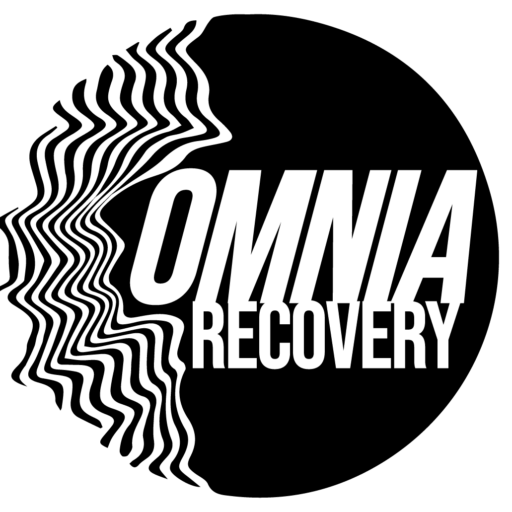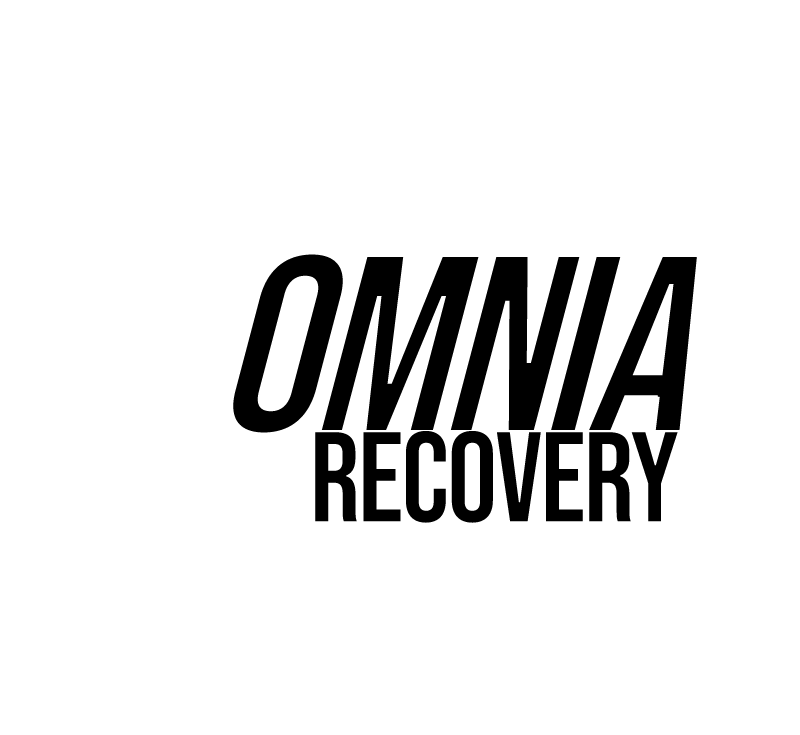For decades, science has measured the impact of social support on long-term sobriety and found that social networks can help protect individuals from harmful stress and subsequent triggers or relapse. Multivariate analyses indicate a strong relationship between social support and long-term sobriety.
Commitment: Social Support, Long-Term Sobriety, and Treatment
One of the most well-known relationships between social support and sobriety has to do with the commitment to getting and staying sober.
Those who have strong social support are more likely to successfully complete a rehab program and are less likely to relapse. However, there is a caveat: not all relationships and forms of social support automatically have a strong influence on recovery. Some forms of support have a stronger influence on long-term sobriety than others.
Impact of Social Support on Long-Term Sobriety: What Science Says
Research reviewed the effect of social support among individuals who have an opioid addiction to determine the effectiveness of different relationships.
- Findings revealed that individuals who remained committed to sobriety over several months experienced greater closeness in their relationships
- There were significant interactions and strong relationships with those who also had a history of substance abuse
- Higher social support happened among individuals who disclosed their commitment to sobriety to their partner or spouse
These findings indicate that there is a significant impact of social support on long-term sobriety in two main areas:
Family
The first has to do with family, particularly partners. Individuals struggling with addiction who were open with their partner about their history of substance abuse and their current dedication to maintaining long-term sobriety developed closer relationships with that partner. In instances where an individual was partnered with someone who also had a history of substance abuse, findings showed a decreased commitment to sobriety.
As such, some studies would conclude that those who are struggling with addiction are more likely to stay on the path to sobriety if they are in a relationship with a partner who does not have experience with addiction but with whom they are honest about their history with addiction.
Other Family
Individuals who have family members involved in their treatment are more likely to complete their drug or alcohol rehab program, especially if that involves family therapy. However, the benefits of family relationships extend long after treatment.
Partners are not the only familial relationships that can have an impact on long-term sobriety. Supportive family members of any kind who encourage sobriety can have a direct impact on the decreased risk of relapse.
Other family relationships can provide structural support, like tangible support, or functional support, like emotional support.
Support Groups
The second has to do with support through friendships and similar social networks. Individuals struggling to maintain their sobriety are more likely to benefit from social support on long-term sobriety when the individual with whom they have any type of social relationship also has a history of addiction.
This shared history of substance abuse and disclosure is more likely to increase the connection and closeness between individuals in a social relationship and further increase the commitment to sobriety for both parties.
AA/NA/SMART Recovery
Support groups can promote recovery and help individuals foster relationships with individuals who understand the struggle associated with substance abuse. These groups can include AA/NA or SMART Recovery groups. All of these groups provide a social network and help build coping skills.
Building Social Support with Omnia Recovery
Our team believes in treating the mind, body, and spirit in order to achieve lasting results. For that reason, each client at our Thousand Oaks behavioral health clinic receives individual care at a treatment level that works for their needs. With flexible scheduling, we provide a wide range of Ventura County outpatient rehab programs, each of which helps you build social support that can help you enhance coping skills and learn to deal with stress in a healthy way.
To facilitate these relationships, we have an open space where clients can hang out with one another outside of therapy rooms. At Omnia Recovery, we offer weekly NA and AA meetings onsite so that clients can build supportive social networks to help with long-term sobriety.
We also specialize in lifetime aftercare, so those clients who complete our program remain part of our recovery family for life, building on the necessary social support to maintain long-term sobriety.To learn more about our social support groups and addiction treatment in Ventura County, reach out to our team at 1-866-289-6096.




